In the heart of Windhoek, Namibia, an event took place that is set to reshape the educational landscape across three African nations. The eMAMA Teacher Training Workshop brought together a group of dedicated educators from Malawi, Namibia, and Zambia, all with the shared goal of elevating their teaching practices through innovative methods and digital learning integration. Over the course of three days, these teachers and lecturers engaged in an immersive learning experience that left them inspired, equipped, and ready to transform their classrooms.
A gathering of passion and experience
The workshop attracted 40 participants, each bringing a wealth of experience and a deep desire for growth. The majority were seasoned educators—52% were lecturers, while 28% held senior lecturer positions, many with over 15 years in the field. These educators came with one thing in mind: improving their craft. Digital learning and innovative teaching methods were high on their list of priorities, with a whopping 72% of participants having prior experience in professional development related to pedagogy.
Digital learning: the future of education
One of the standout features of the workshop was its focus on integrating digital tools into teaching. Participants explored platforms like Google Classroom, H5P, Mentimeter, and even delved into the fascinating world of artificial intelligence. Pre-training surveys revealed that only 20% of participants felt very comfortable using digital tools. However, by the end of the workshop, that number had skyrocketed, with 69% of attendees reporting a newfound confidence in using these tools.
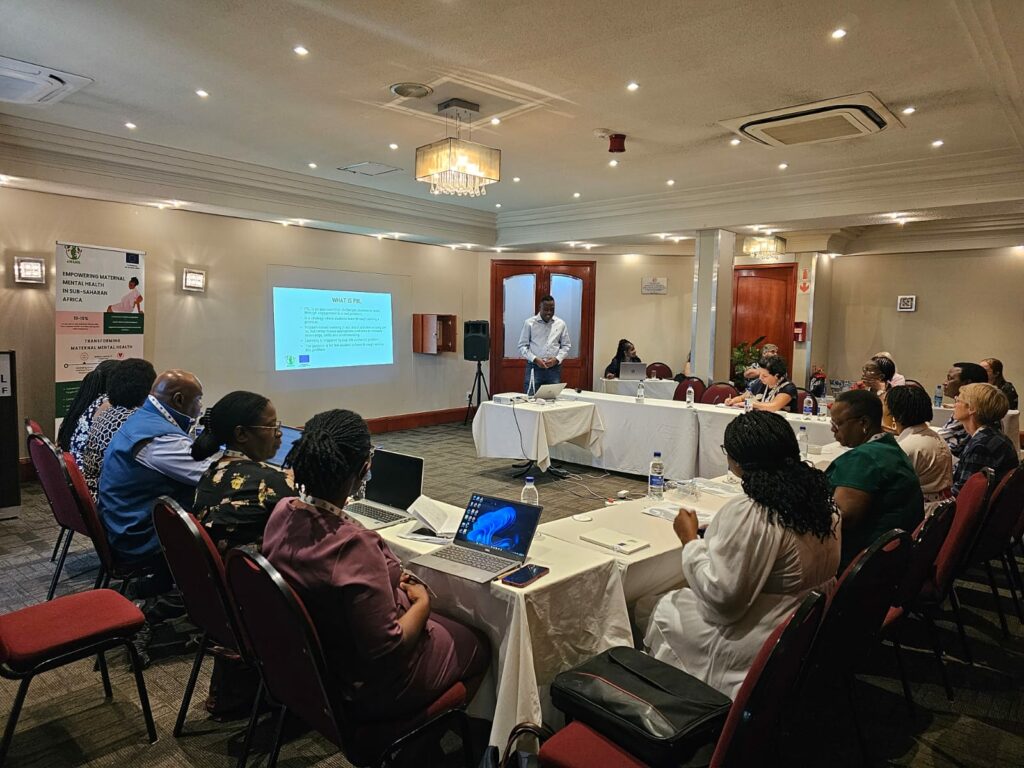
AI tools, particularly Jenni AI, were a highlight for many. Several participants were so impressed with the potential of AI in education that they subscribed to the platform right after the workshop! Despite this success, participants voiced the need for more hands-on practice with these tools, a valuable insight for future training events.
Rethinking teaching with Innovation Pedagogy
The workshop didn’t just stop at digital learning. It delved deeply into innovative pedagogy, focusing on student-centered methods such as Problem-Based Learning (PBL), Case-Based Learning (CBL), and the interactive “Learning Cafe” model. Pre-training, only 60% of participants regularly employed PBL techniques. Post-training? That number jumped, with 77% planning to incorporate CBL and 92% eager to use the Learning Cafe model.
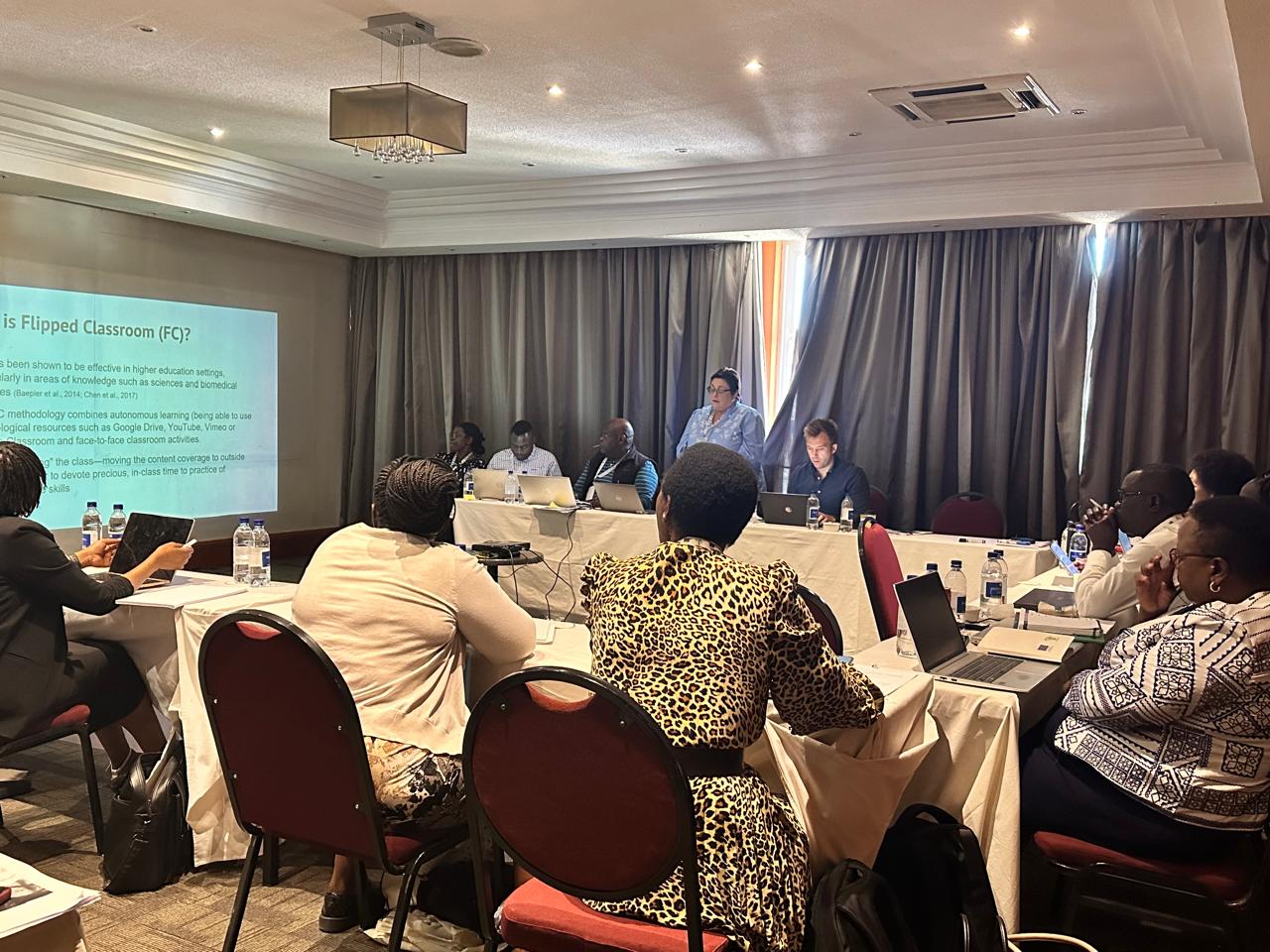
The hands-on approach of the workshop, with peer-led discussions and practical demonstrations, resonated strongly with attendees. Educators left with practical insights and strategies, ready to create more engaging, student-centered learning environments. While the participants praised the sessions, they also expressed a desire for deeper dives into innovative methods like simulations—something that could be explored in future iterations of the workshop.
Addressing the challenge of student-centered assessment
A key challenge highlighted during the workshop was student-centered assessment, especially in large classrooms or clinical settings. Facilitated by Evanthia Sakellari, this session sought to provide tools for making assessments more reflective of student-centered learning. Post-training, 69% of participants were committed to implementing these strategies, although they also expressed a need for further guidance on how to tailor these methods to different classroom settings.
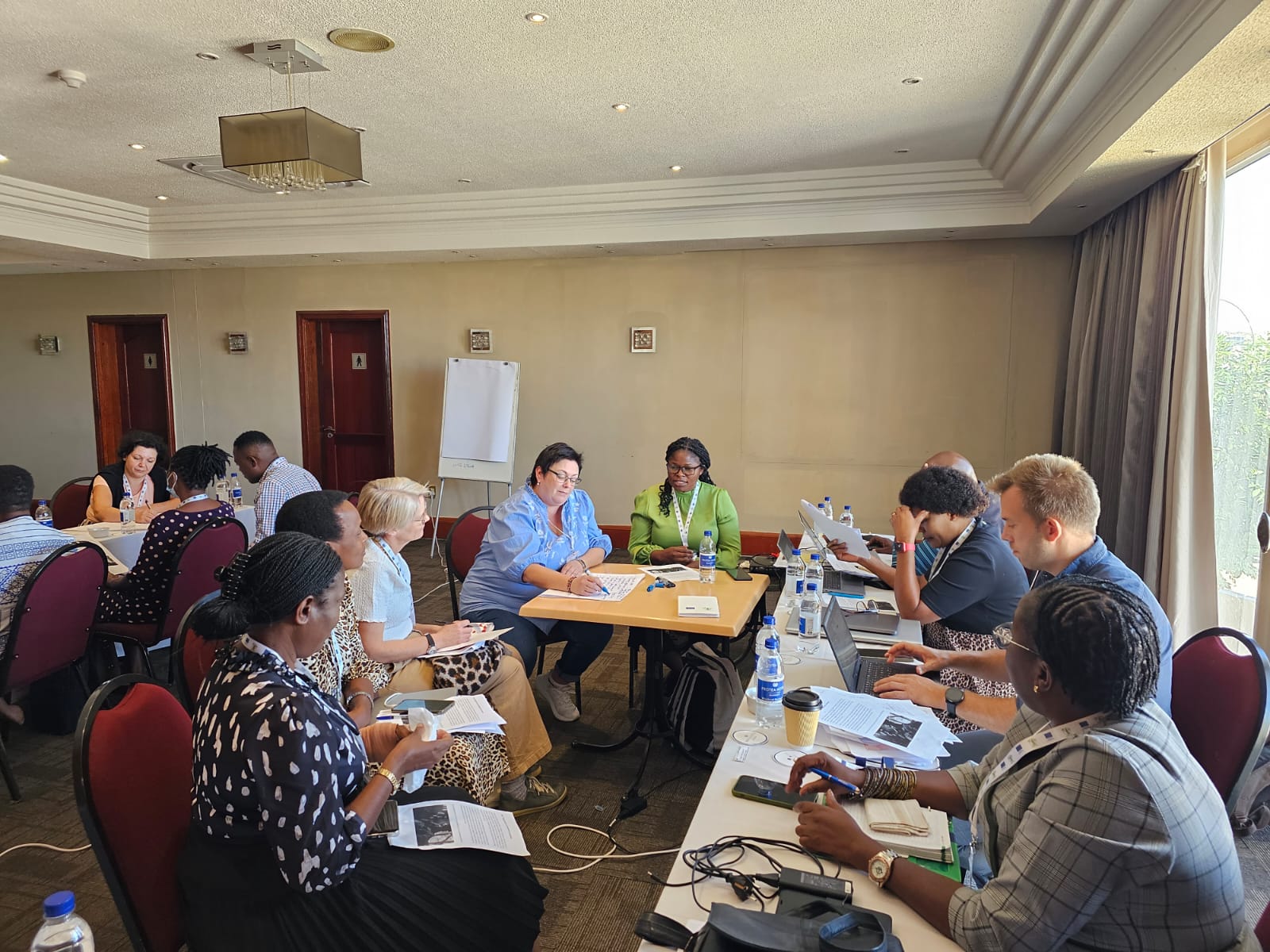
Reflections and recommendations for the future
The overwhelming response to the workshop was one of satisfaction—92% of participants reported being very satisfied with the event. They valued the balance between theory and practical application, as well as the cross-cultural learning opportunities. Cultural performances interspersed with workshop sessions added a vibrant energy to the proceedings, enriching the overall experience.
However, there were also areas for improvement. The tightly packed agenda left little room for reflection or informal networking. Participants suggested that future workshops might benefit from a slower pace or an additional day, allowing more time for social interaction, reflection, and hands-on practice.
Looking ahead: building on success
The eMAMA Teacher Training Workshop was an undeniable success. It created a collaborative, empowering environment that not only provided new skills but also fostered a sense of community among educators from different cultural backgrounds. Going forward, there are clear opportunities to build on this foundation. More time for practical sessions, a deeper exploration of innovative methods like simulations, and ongoing support for digital tool integration will ensure that educators leave fully equipped to make lasting changes in their classrooms.
For the educators who attended, the workshop was just the beginning. Armed with new tools, techniques, and ideas, they are ready to transform education for their students, bringing innovation and engagement into every lesson.
Stay tuned for future workshops that promise to push the boundaries of teaching and learning even further!
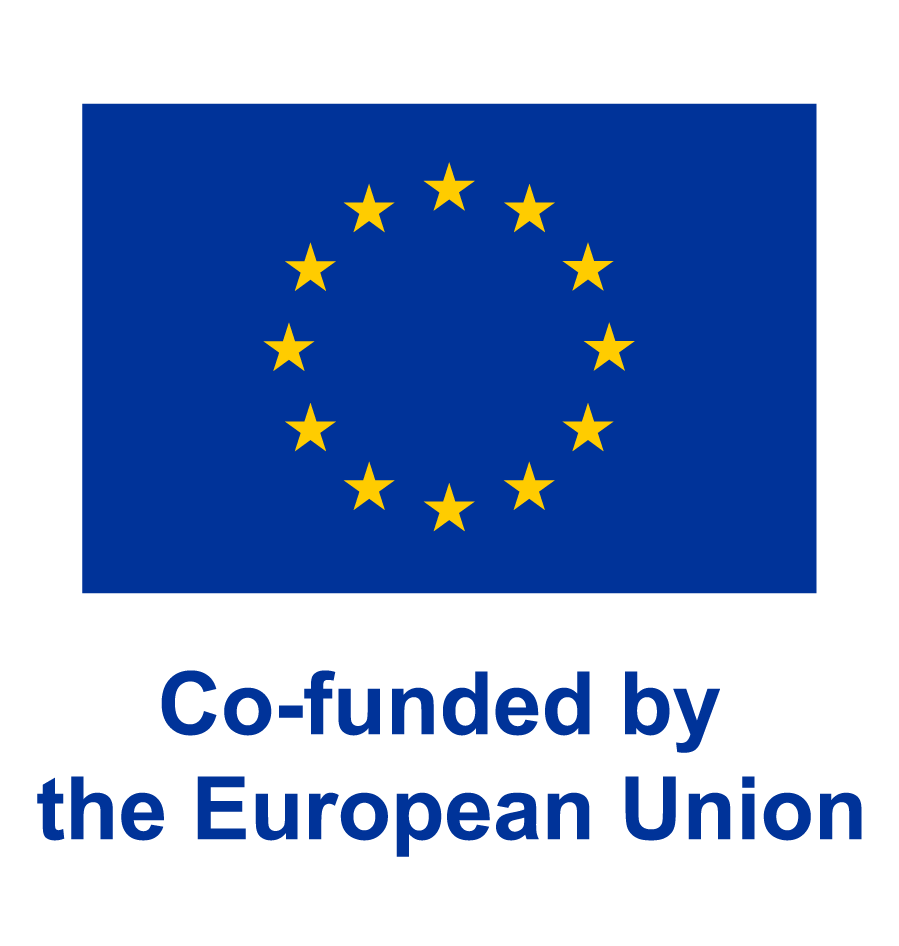

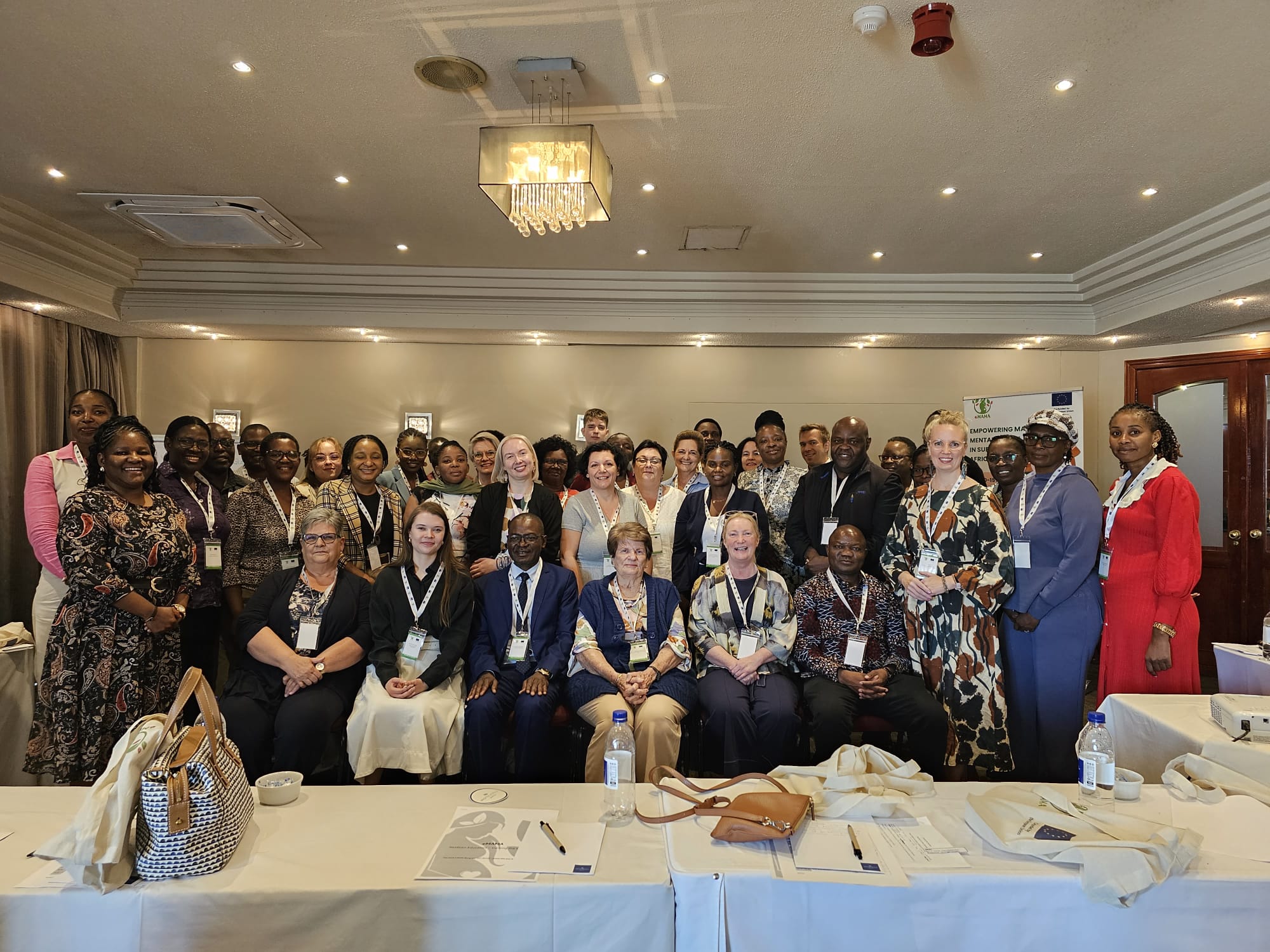
No responses yet